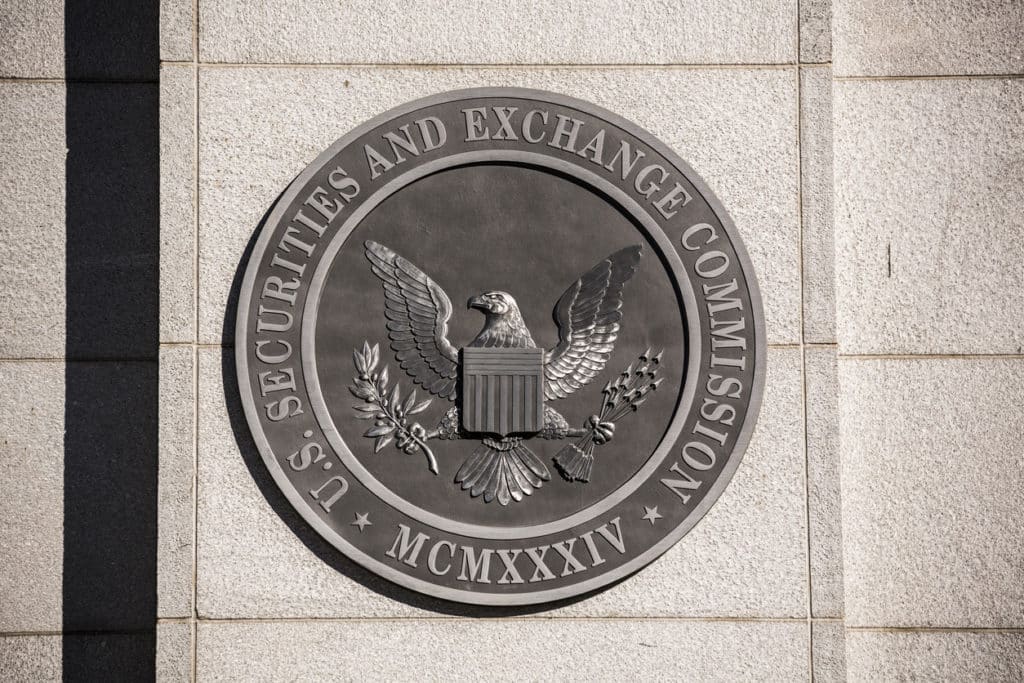On September 5, the U.S. Securities and Exchange Commission (SEC) announced that a broker-dealer and two affiliated investment advisers agreed to pay $240,000 to settle charges that they violated a whistleblower protection rule through the use of restrictive language in confidentiality agreements.
The SEC alleged that the firms, Nationwide Planning Associates, Inc., NPA Asset Management, LLC and Blue Point Strategic Wealth Management, asked 11 retail clients to sign confidentiality agreements which contained language “that impeded clients from reporting potential securities law violations to the SEC by permitting communications only where the SEC first initiated an inquiry.”
According to the SEC, “some of the agreements further required the clients to represent that they had not reported the underlying dispute to the SEC or to another securities regulator and would forever refrain from such reporting.”
SEC Rule 21F-17(a) prohibits entities from “tak[ing] any action to impede an individual from communicating directly with the Commission staff about a possible securities law violation, including enforcing, or threatening to enforce, a confidentiality agreement.”
“Pure and simple, investors need to be able to report complaints or evidence of wrongdoing to the SEC without impediment,” said Corey Schuster, Co-Chief of the Enforcement Division’s Asset Management Unit. “We will continue to hold firms accountable for putting roadblocks between us and their investors.”
Over the past year, the SEC has dramatically increased its enforcement efforts around Rule 21F-17(a). In January, the Commission sanctioned J.P. Morgan Securities LLC $18 million over charges that it impeded the ability of advisory clients and brokerage customers to blow the whistle to the SEC.
“The SEC’s sanction in this case sends a message that illegal nondisclosure agreements that obstruct the ability of employees or clients to report potential crimes to law enforcement will not be tolerated,” leading whistleblower attorney Stephen M. Kohn of Kohn, Kohn & Colapinto said about the J.P. Morgan case.
Kohn played a leading role in the banning of restrictive non-disclosure agreements, pushing for Rule 21F-17(a) during the SEC Whistleblower Program rulemaking process and representing a whistleblower in the first enforcement action taken by the SEC over Rule21F-17(a) violations.
Other financial regulators are also cracking down on restrictive NDAs. The Commodity Futures Trading Commission (CFTC) took its first enforcement action over restrictive NDAs which impede whistleblowing and the Consumer Financial Protection Bureau (CFPB) issued a circular warning that broad and restrictive NDAs may violate federal whistleblower protection laws.
“The CFPB’s Circular, taking a stance against illegally broad confidentiality agreements meant to silence whistleblowers, is an important step in expanding the protection of whistleblowers from being silenced due to illegally broad NDAs,” whistleblower attorney Benjamin Calitri recently wrote. “By clearly stating that these agreements can be viewed as discrimination under Section 1057, the CFPB joins the stand that the SEC and CFTC have taken through their actions, especially in the past year, to ensure that NDAs are not used to silence whistleblowers.”
Further Reading:
